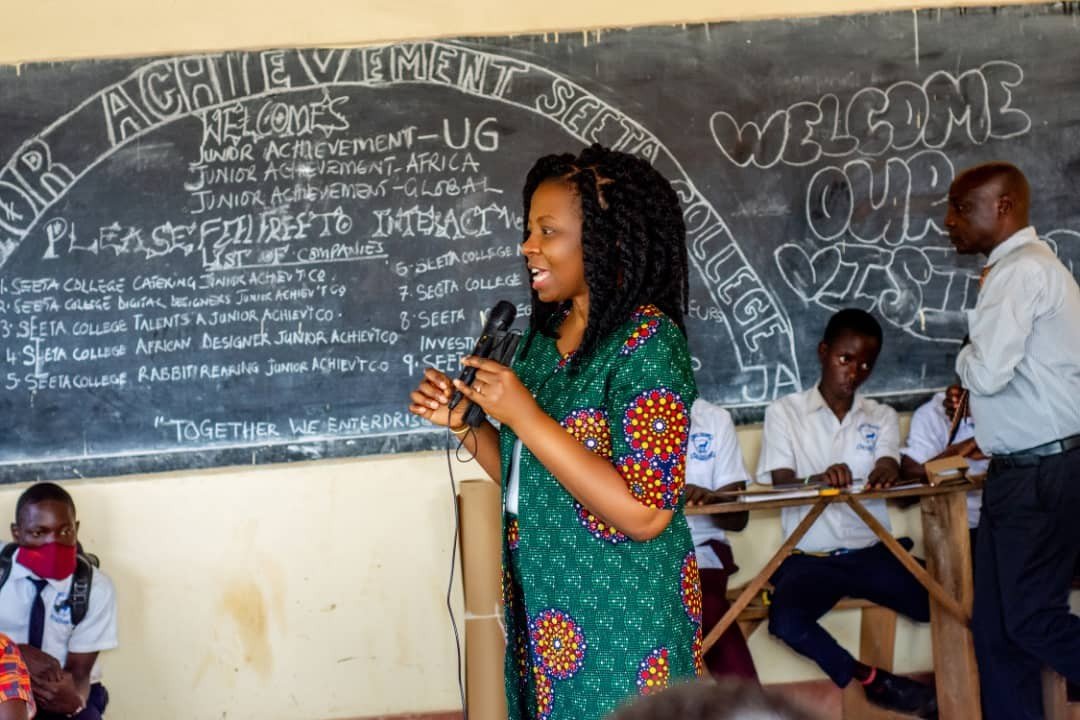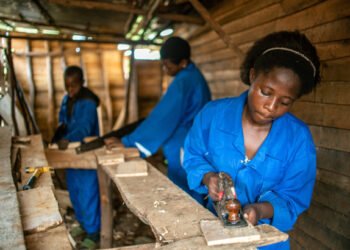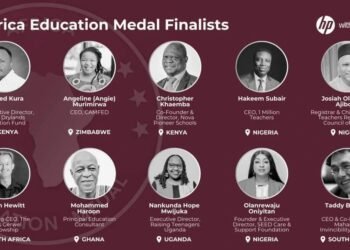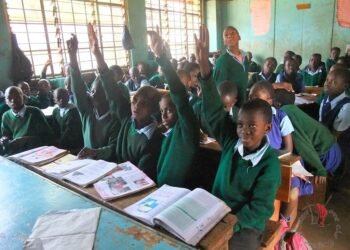
Entrepreneurship Education as a Conduit for Peace and Prosperity in Africa
Amina and her friends are children of farmers in Abaji, a suburb of Abuja. The girls often wondered why the fresh fruits and vegetables on their parents’ farms were rotting away while they could not get such fresh produce in town, and when they did, it was at outrageous prices. Then the Junior Achievement (JA) Company Program came to their school, Government Girls Secondary School (GGSS) Abaji, and the girls began learning the entrepreneurial concepts of meeting a need or solving a problem in their community through the application of design thinking principles and technology. They called their company the Amazing Amazons and developed a website and a mobile application through which they sold fresh produce from their parents’ farms directly to consumers. When they started receiving orders from customers outside Abaji, in other local government areas across Abuja, the Amazing Amazons contracted with local motorbike riders (popularly known as okada riders, who transported passengers unable or unwilling to pay for buses) to deliver produce to customers. By the time the JA Company Program wrapped up in their school that year, the girls had signed over 400 farmers to their platform, made over fourteen million Naira (NGN14M+) in sales, returned NGN11M+ to farmers, paid the okada dispatch riders over NGN1.7M and kept over NGN1.3M in profit for themselves and their shareholders. This was in 2017 when the average exchange rate just over 330 Naira to US$1.
The Amazing Amazons won the Abuja Company of the Year competition and came second in the Nigerian National Company of the Year competition, narrowly missing the opportunity to represent Nigeria at the Africa Company of the Year competition that year. At the time, I had just returned to my role as executive director of JA Nigeria and watching these girls fueled me with new energy to take our entrepreneurship education program across Nigeria, and indeed across Africa when I became CEO of JA Africa in 2020, after having hit our goal to reach one million students in Nigeria by 2020.
Subscribe To Unlimited Premium Digest.
This is premium content. Subscribe or Login to read the entire article.
Subscribe
Gain access to all our Premium contents.More than 1,000+ Articles, News, & Scholarships.





































































 EduTimes Africa, a product of Education Times Africa, is a magazine publication that aims to lend its support to close the yawning gap in Africa's educational development.
EduTimes Africa, a product of Education Times Africa, is a magazine publication that aims to lend its support to close the yawning gap in Africa's educational development.

